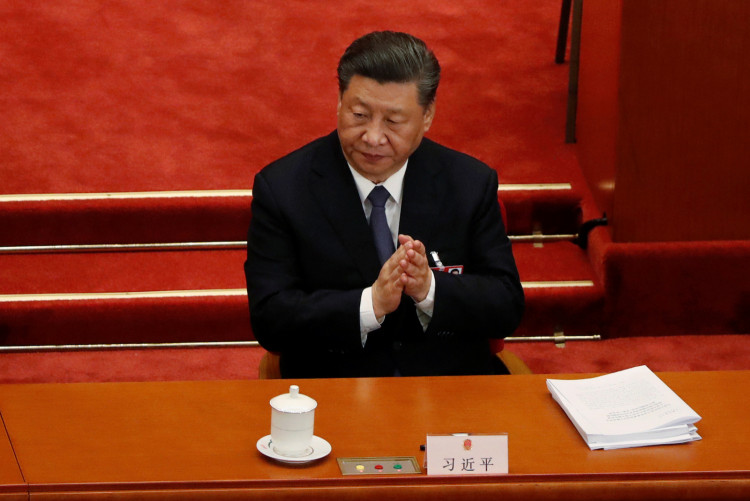China appears to be relaxing its crackdown on the technology sector, which has wiped billions of dollars from the worth of its most notable enterprises.
China, the only major global economy to adhere to a strict zero-COVID policy, is experiencing an economic downturn as a result of lengthy viral lockdowns that have constrained supply chains, dampened demand, and halted industry.
After an 18-month crackdown fueled by fears that its giant Internet corporations own too much data and expanded too swiftly, this appears to have spurred a gentler stance toward the vast, money-making tech sector.
Analysts, however, cautioned that China's new recent upbeat rhetoric should not be misinterpreted as a policy shift.
"I think the big tech companies will have a grace period for maybe the next six months," Linghao Bao, tech analyst at Trivium China, told CNBC's "Squawk Box Europe" on Tuesday.
"However, this is a really not a U-turn on the tech crackdown, the long-term outlook hasn't changed yet. Because Beijing has already come to the conclusion that it is a bad idea to let big tech companies to run wild because it creates unfair market competition ... wealth will be concentrated at the top and it will start to influence politics," he said.
China has tightened regulations on its domestic technology sector since the end of 2020 in an effort to limit the dominance of some of the country's biggest companies.
In the last 16 months, rules in sectors ranging from antitrust to data protection have been implemented quickly. International investors were caught off guard by the developments, which caused a massive sell-off in stocks from Tencent to Alibaba.
However, as its economy faces pressure from a revival of Covid and subsequent lockdowns, Beijing has indicated that some of the supervision of the tech sector may lessen.
Chinese officials met with some of the country's top technology CEOs on Tuesday, indicating that tensions are lessening.
Following the meeting, China's Vice-Premier Liu He pledged support for the technology sector and plans to go public for internet companies.
It comes after Chinese President Xi Jinping presided over a meeting of the Politburo, the country's highest decision-making body, in April. Politburo promised to encourage the "healthy" development of the platform economy, which comprises online enterprises ranging from social media to e-commerce.
Following the disastrous initial public offering of ride-hailing giant Didi last year, Chinese technology firms have mainly refrained from listing. Soon after the listing, Beijing launched an investigation into the company's cybersecurity, charging that it illegally acquired customer data.





